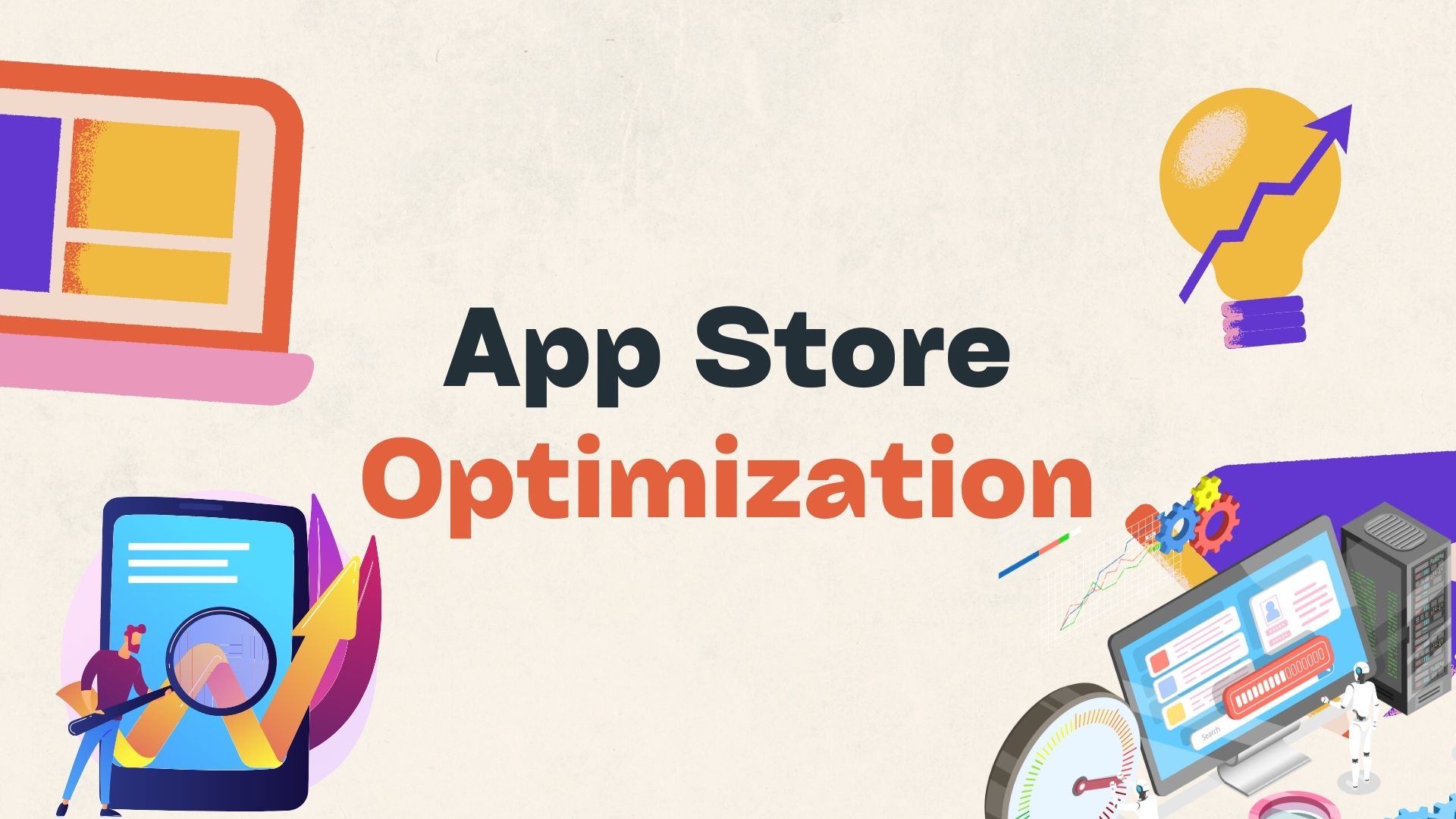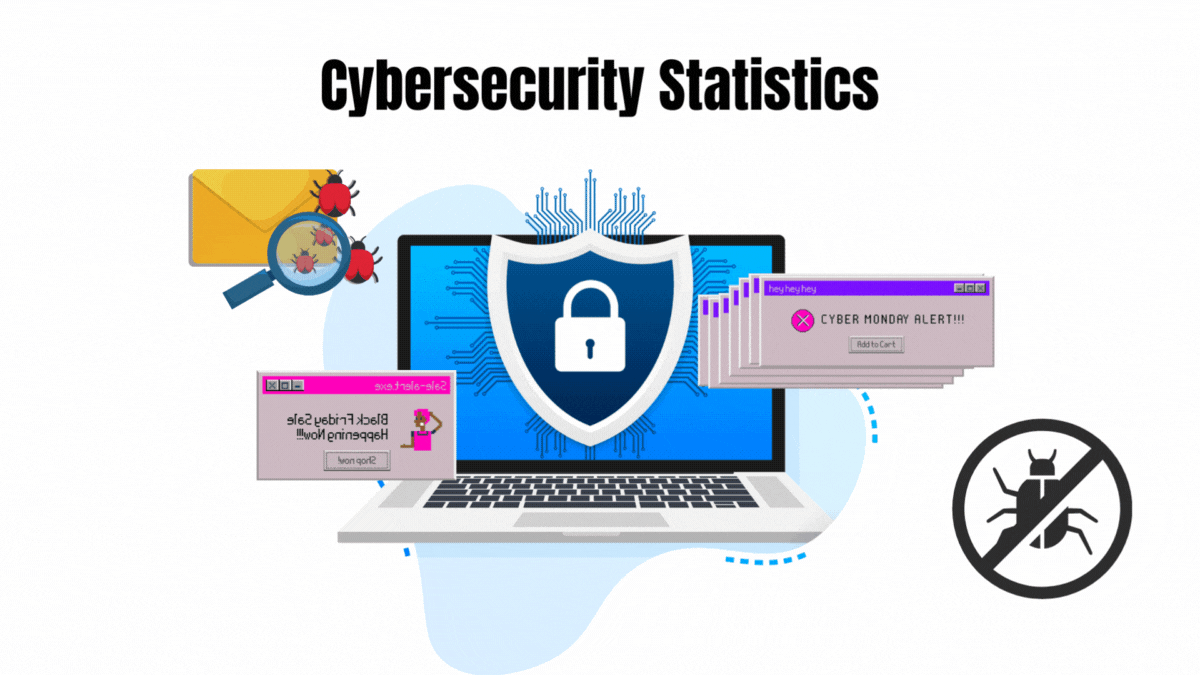Mobile Commerce Dilemma: Is an App a Must-Have for Your Online Store?

Page Contents
In today's digital era, there's an app for everything. Gone are the days when you needed a computer or laptop to buy products online. Whether you want to compare prices, book product demos, or place an order, you can do it directly from your smartphone. But if you're an entrepreneur, you may be wondering whether or not it's worth building an app for your eCommerce business.
Chances are, you already have a website or Facebook page where customers can see your products. If not, you can build an online store with just a few clicks. This would allow you to reach a global audience, expand your operations, and run your business on the go.
But even so, you can still benefit from building a mobile app for your store. While it may seem like an unnecessary expense, creating an app could be the key to increased brand awareness, better customer service, and higher profits. Think of it as a way to grow your reach and improve the buyer experience, among other perks.
Why Your Online Store Should Have a Mobile App
It wasn’t too long ago that business owners were wondering if they needed a website or blog. But, in this mobile age, having a site is no longer enough to drive sales and meet customer needs.
In 2019, 53% of American consumers used their smartphones to compare and buy products, engage with brands, and research items online. This number continued to increase over the next few years, partly due to the Covid-19 crisis.
Fast forward to 2023, and mobile commerce generates over $2.17 trillion per year. That's more than double compared to 2018.
Like it or not, most buyers would rather access your online store from an app than a website. Mobile apps are faster and more convenient than traditional sites, allowing users to shop on the go.
Retailers can leverage this trend to drive brand recognition and customer loyalty.
For example, you may use mobile customer data to create personalized offers. This information would also allow you to make relevant recommendations and build a community around your brand, leading to more sales.
Need one more reason to build a mobile app for your business? Here are some benefits you might not be aware of:
- Provide more value to your customers
- Deliver personalized content
- Increase customer engagement
- Reach a wider audience
- Make data-driven decisions
- Streamline customer service
- Offer exclusive deals
- Create interactive shopping experiences
- Reduce shopping cart abandonment
- Improve marketing communications
All in all, a mobile app can make customers more aware of your brand and improve their shopping experience. For instance, you could send push notifications, offer app-only deals, and use chatbots to drive conversions.
What Does It Take to Create a Mobile App?
App development used to be expensive and time-consuming, but that's no longer the case. Depending on your budget and technical know-how, you have two options:
- Build your app in-house
- Outsource app development
If you prefer to do it yourself, consider using low-code or no-code app builders. This is the least expensive option and could save you weeks of hard work.
For example, you can build a branded app with Wix. The platform features a drag-and-drop editor that allows you to create apps from scratch without writing code. After that, you can publish it on the App Store and Google Play store so customers can download it to their phones. Once your app goes live, you can promote it through a designated website, using Wix’s website builder app.
Building an eCommerce mobile app the conventional way isn't really an option for startups and small business owners. Prices start at $7,500-$8,000 for a basic app and can go up to $100,000 or higher for one with more complex features.
Sure, you could hire an in-house app developer, but you'll have to pay him a few thousand bucks per month.
Leaving these aspects aside, there are some things you need to consider before building your app. Let's dive in.
How to Create an App for Your Online Store
The exact steps required to build a mobile app depend on the platform used. Apart from the technical details, consider how the app will be used and what features it should have.
First, think about your marketing goals.
Let's say you want to drive brand awareness and build customer trust. In this case, your app should allow customers to leave reviews, rate your products, and engage with others.
For example, it may include a public chat feature that enables buyers to ask questions and exchange opinions. Another option is to create a community wall, start a referral program, or launch contests with prizes.
Some of the best eCommerce apps also have the following features:
- Advanced in-app search
- Secure in-app payments
- Dynamic content
- Livestream shopping
- GPS capabilities
- Push notifications
- Personalized product recommendations
- Social media integration
- Augmented reality assistance
- Live chat support
Take Sephora, for instance. Its mobile app uses augmented reality to enable users to virtually try makeup products. Similarly, the Amazon app features a virtual dressing room where customers can try on clothes, shoes, and jewelry.
A mobile app can be as simple or as complex as you want it to be. Once you've decided on its features, reach out to a developer to discuss the next steps.
Alternatively, use a low-code or no-code platform to build the app in-house. This option, however, may not work for more complex apps, such as those using virtual or augmented reality.
Also, don't expect your app to be perfect right off the bat. Start with a minimum viable product (MVP), or prototype, test it on a small number of users, and then make adjustments as needed.
Anticipate and Address the Challenges of Mobile App Development
Creating a mobile app for your store won't be easy. Not only do you need the right technology, but you must also consider third-party integrations, data security, consumer expectations, and more.
For example, your mobile app should be compatible with other apps and platforms for digital payments, order fulfillment, marketing, and accounting.
At the same time, you need to make sure it syncs with your website and customer relationship management system. If you're targeting European customers, your app should comply with the General Data Protection Regulation (GDPR), which poses further challenges.
Consider the user experience (UX), too. As you probably know, having a responsive design for an online store is essential. This ensures your website looks good on any device, including smartphones and tablets.
The same goes for mobile apps. Ideally, you want your app to be compatible with both iOS and Android devices and function properly without crashing out of the blue.
Don't forget about the marketing side of things. Just because you have a mobile app for your business doesn't guarantee success.
You also need to optimize it for mobile search by using relevant keywords, creating high-quality content, and promoting the app on social media. If you skip these steps, potential buyers might not be able to find your app online.
Grow Your Online Store One Step at a Time
As you can see, there are some clear advantages to building an app for an online store. If you do it right, you'll reach more customers and gain a competitive edge. Think of it as an opportunity to scale up your business, drive brand awareness, and improve the buyer experience.
On the other hand, app development comes with its share of challenges and requires ongoing work. You'll need to continuously test and optimize your app, release new versions, and handle the technical nitty-gritty.
At the end of the day, a mobile app isn't a must-have for your eCommerce business. It's rather something nice to have, and if you plan things thoroughly, it will be worth the effort.
Your best bet is to start an online store, optimize it for mobile search, and build a customer base. Later, you can create a basic app and add new features along the way. Measure the results, collect feedback from customers, and scale up your app over time.

Wayne Kernochan has been an IT industry analyst and auther for over 15 years. He has been focusing on the most important information-related technologies as well as ways to measure their effectiveness over that period. He also has extensive research on the SMB, Big Data, BI, databases, development tools and data virtualization solutions. Wayne is a regular speaker at webinars and is a writer for many publications.



